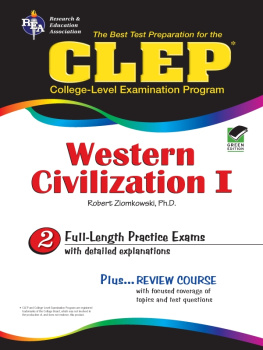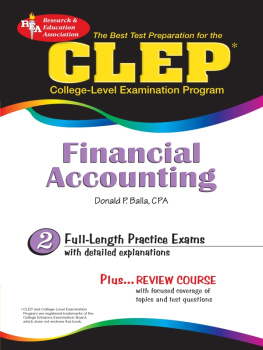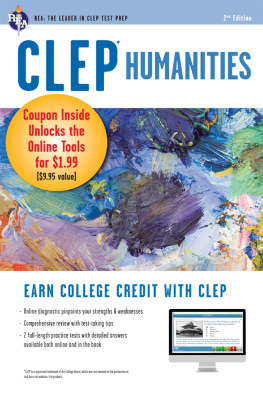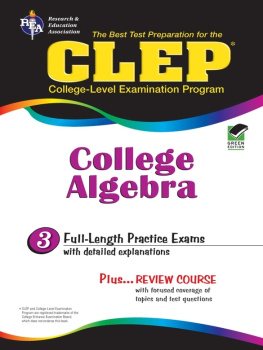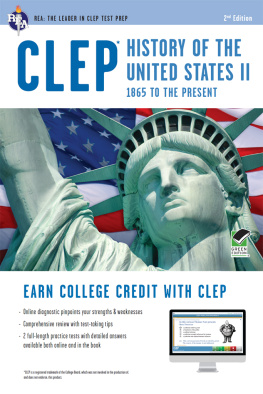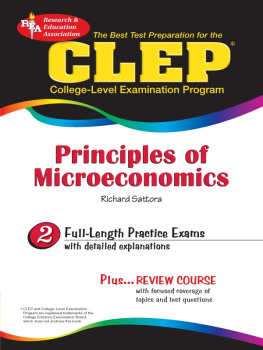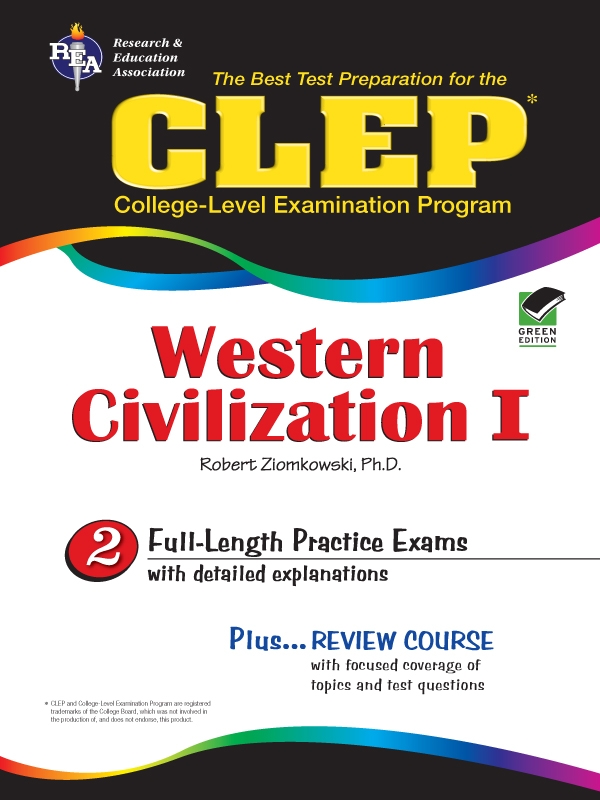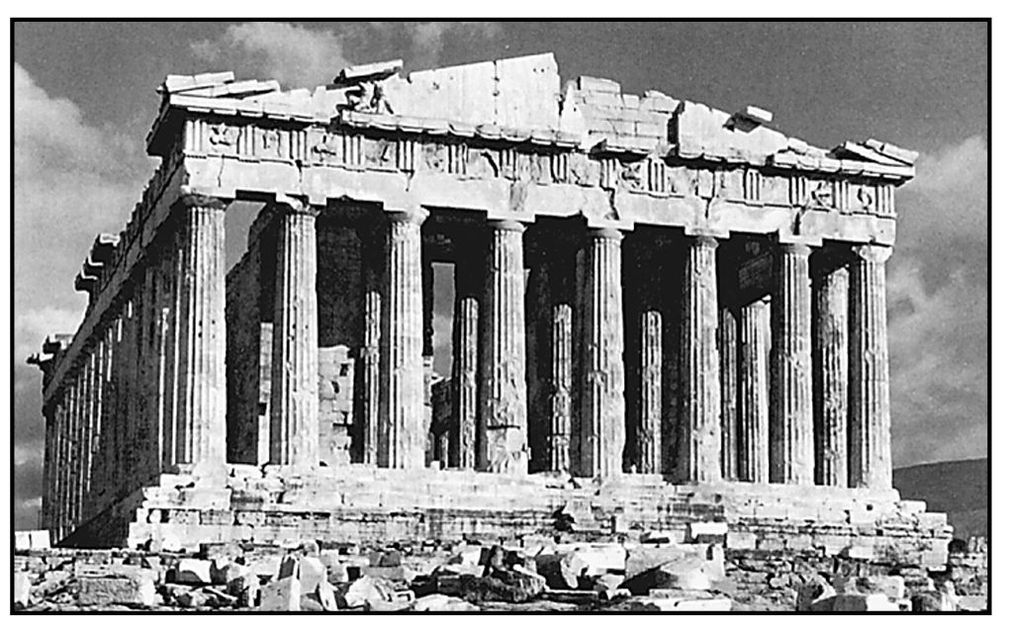Robert Ziomkowski - CLEP Western Civilization I - Ancient Near East to 1648
Here you can read online Robert Ziomkowski - CLEP Western Civilization I - Ancient Near East to 1648 full text of the book (entire story) in english for free. Download pdf and epub, get meaning, cover and reviews about this ebook. year: 2013, publisher: Research & Education Association, genre: Religion. Description of the work, (preface) as well as reviews are available. Best literature library LitArk.com created for fans of good reading and offers a wide selection of genres:
Romance novel
Science fiction
Adventure
Detective
Science
History
Home and family
Prose
Art
Politics
Computer
Non-fiction
Religion
Business
Children
Humor
Choose a favorite category and find really read worthwhile books. Enjoy immersion in the world of imagination, feel the emotions of the characters or learn something new for yourself, make an fascinating discovery.
- Book:CLEP Western Civilization I - Ancient Near East to 1648
- Author:
- Publisher:Research & Education Association
- Genre:
- Year:2013
- Rating:5 / 5
- Favourites:Add to favourites
- Your mark:
CLEP Western Civilization I - Ancient Near East to 1648: summary, description and annotation
We offer to read an annotation, description, summary or preface (depends on what the author of the book "CLEP Western Civilization I - Ancient Near East to 1648" wrote himself). If you haven't found the necessary information about the book — write in the comments, we will try to find it.
REA ... Real review, Real practice, Real results. An easier path to a college degree get college credits without the classes. CLEP WESTERN CIVILIZATION I: Ancient Near East to 1648 Based on todays official CLEP exam Are you prepared to excel on the CLEP?
- Set up a flexible study schedule by following our easy timeline
- Use REAs advice to ready yourself for proper study and success Study what you need to know to pass the exam
- The books on-target subject review features coverage of all topics on the official CLEP exam from the age-old Near East kingdoms through Ancient Greece and Rome, up to the Middle Ages and early Modern Europe of 1648.
- Smart and friendly lessons reinforce necessary skills
- Key tutorials enhance specific abilities needed on the test
- Targeted drills increase comprehension and help organize study Practice for real
- Create the closest experience to test-day conditions with 2 full-length practice tests
- Chart your progress with full and detailed explanations of all answers
- Boost your confidence with test-taking strategies and experienced advice Specially Written for Solo Test Preparation! REA is the acknowledged leader in CLEP preparation, with the most extensive library of CLEP titles and software available. Most titles are also offered with REAs exclusive TESTware software to make your practice more effective and more like exam day. REAs CLEP Prep guides will help you get valuable credits, save on tuition, and advance your chosen career by earning a college degree.
Robert Ziomkowski: author's other books
Who wrote CLEP Western Civilization I - Ancient Near East to 1648? Find out the surname, the name of the author of the book and a list of all author's works by series.

